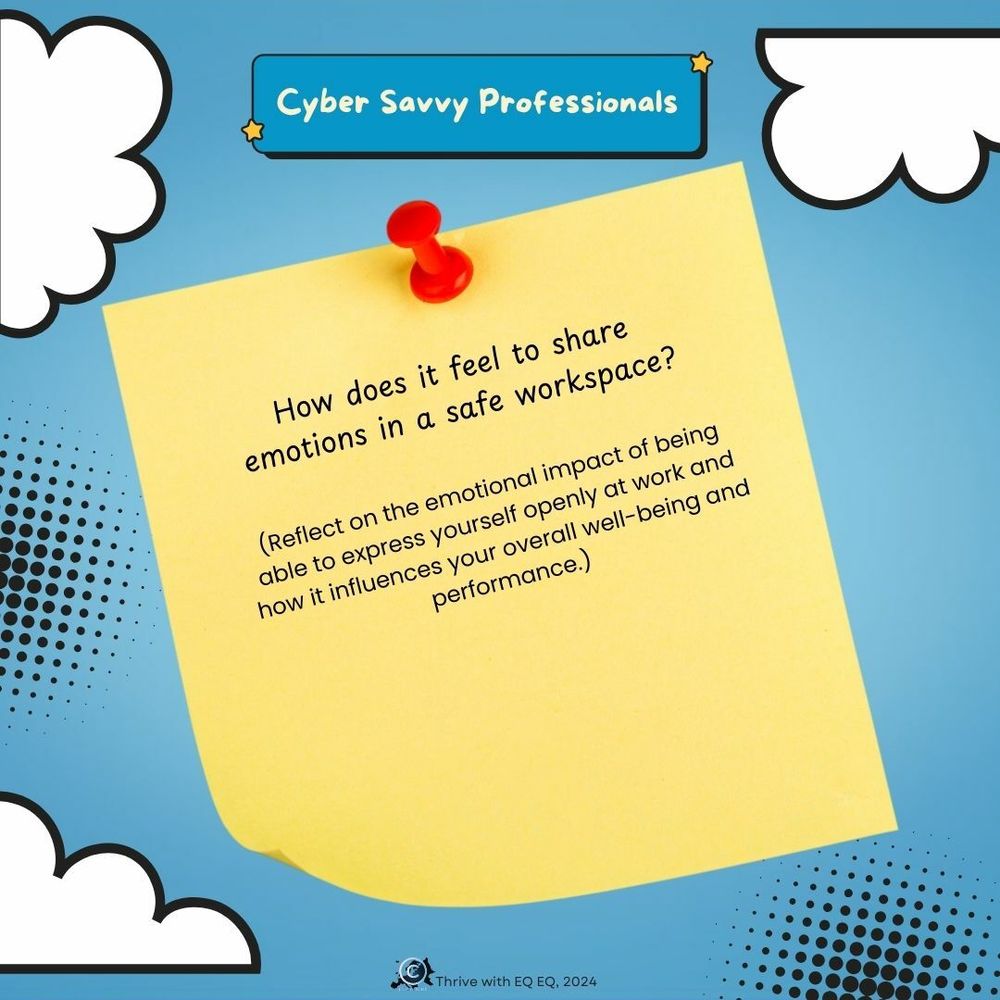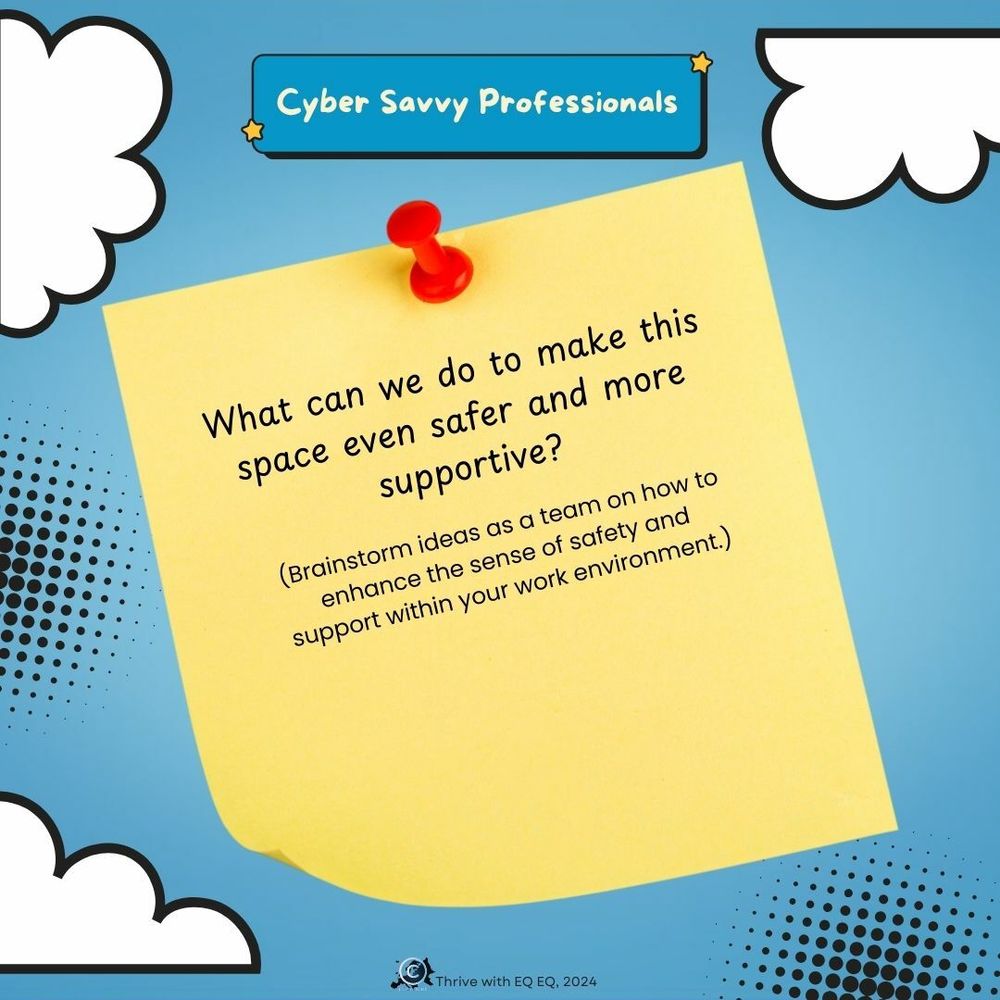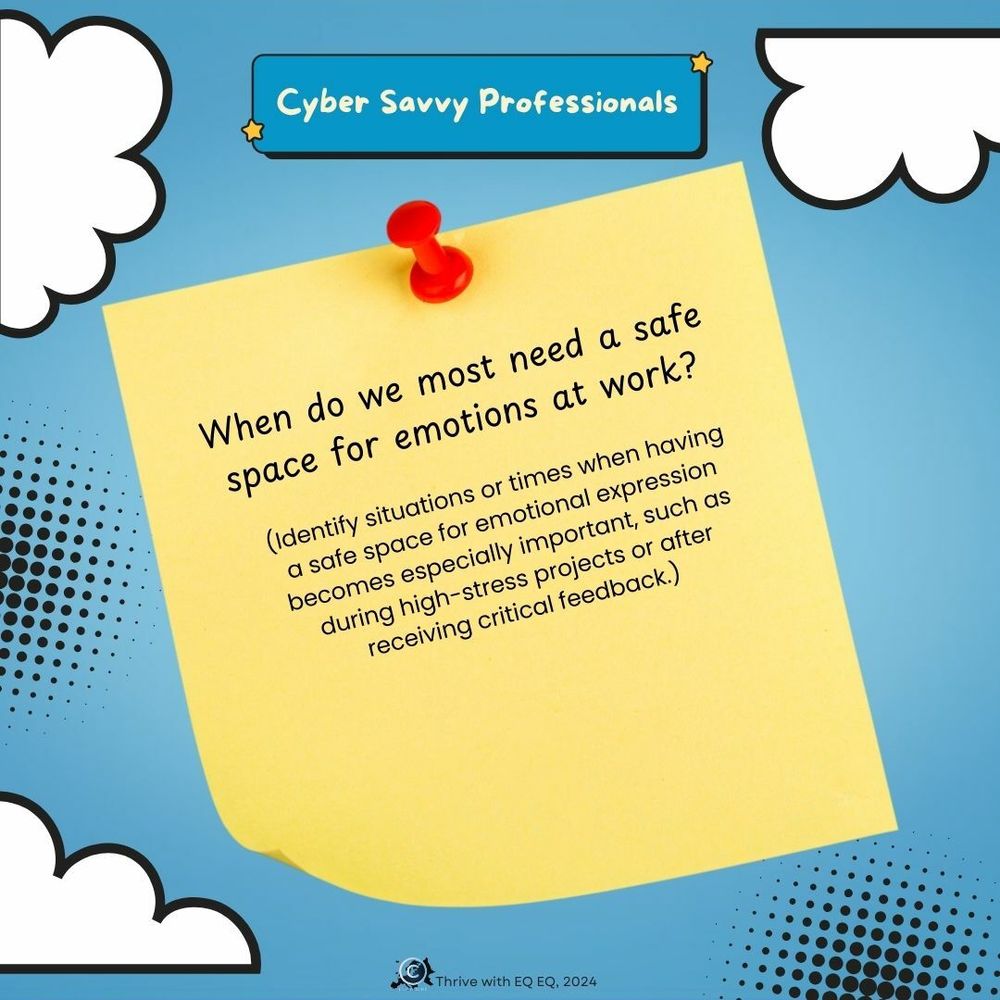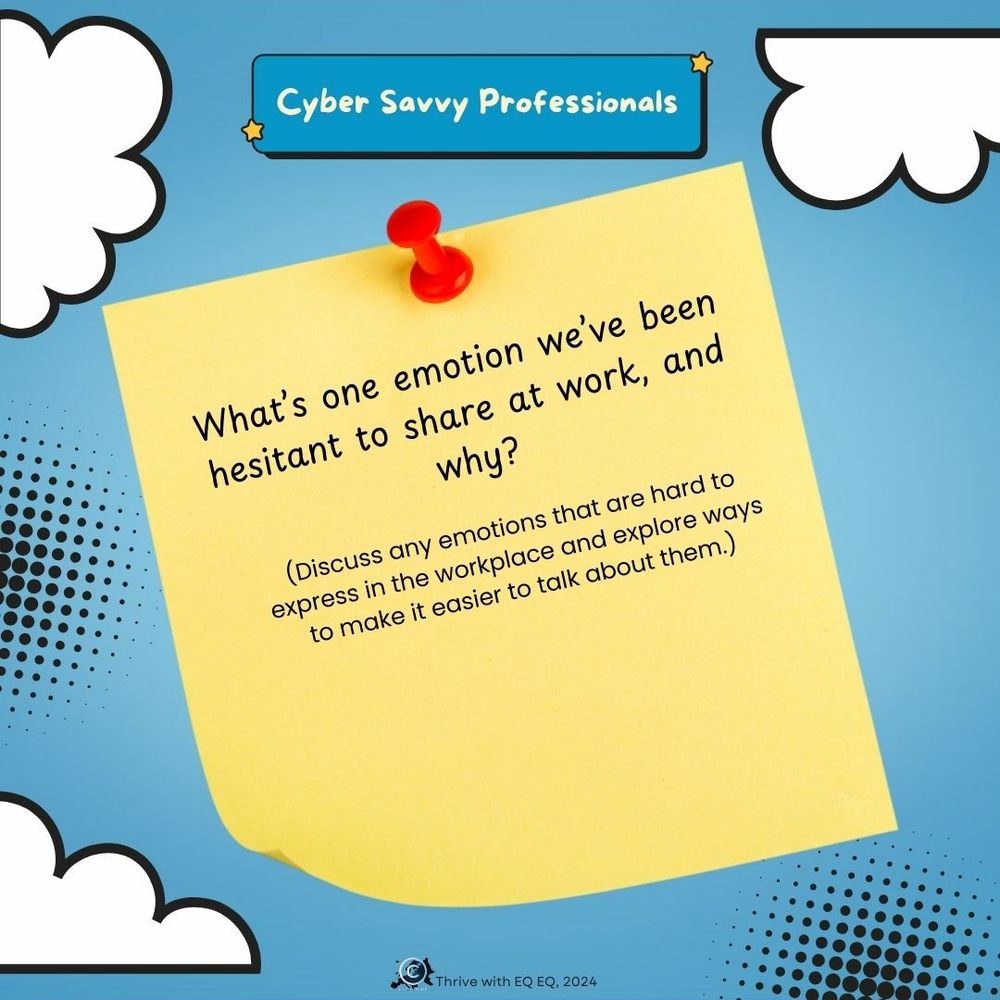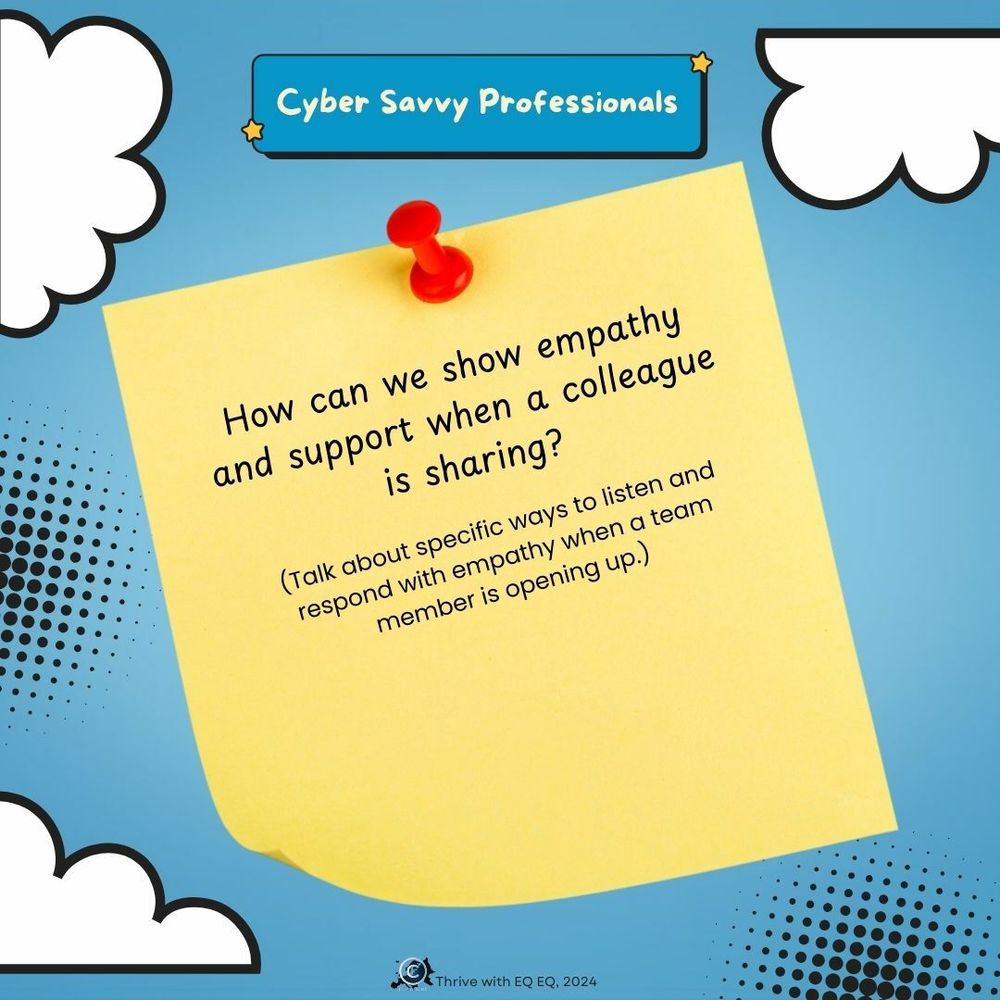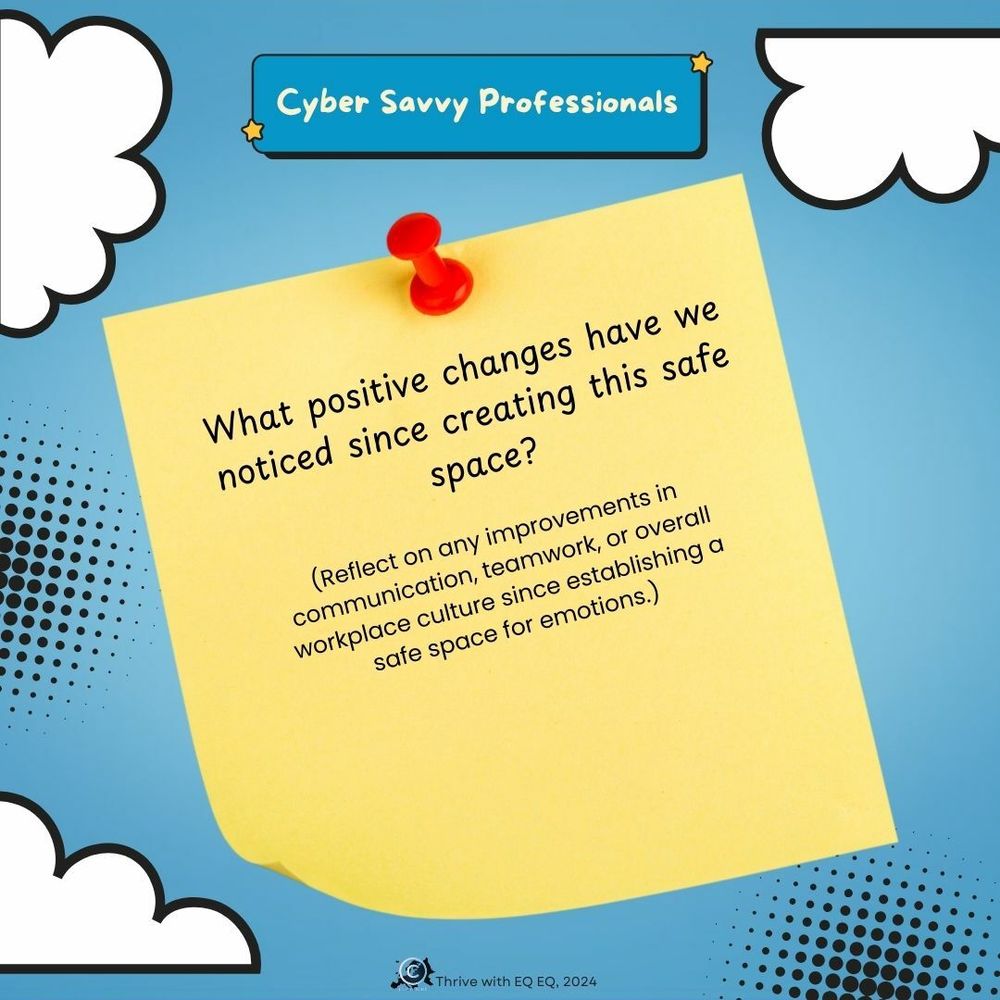Welcome back to Day 6 of your 30-Day Emotional Firewalls Challenge tailored for ambitious professionals!
Today, we’re focusing on building a fundamental pillar for emotional well-being in the workplace: creating a psychological safe space for emotions.
Why is a Safe Space Important in the Workplace?
In a professional setting, a safe space is where team members feel comfortable sharing their thoughts, ideas, and emotions without fear of judgment or criticism. It’s an environment where vulnerability is met with understanding, and where diverse perspectives are respected. This kind of space is crucial for fostering trust, collaboration, and emotional resilience in the workplace.
When employees feel safe to express themselves, they’re more likely to engage fully, contribute creatively, and collaborate effectively. On the other hand, a lack of psychological safety can lead to stress, disengagement, and even burnout. By creating and nurturing a safe space, you’re not only enhancing emotional well-being but also driving better business outcomes.
How to Create a Safe Space at Work:
1. Discuss the Concept: Start by opening a conversation with your team about what a safe space means. Is it about having open-door policies, offering regular check-ins, or simply fostering an atmosphere of mutual respect? Understanding what your team needs is key to creating a space that works for everyone.
2. Set Up the Environment: Whether it’s a dedicated meeting time for open dialogue or just a culture of inclusivity, make sure your work environment encourages openness. This could involve creating a physical space for one-on-one conversations or establishing a digital channel for sharing thoughts confidentially.
3. Establish Ground Rules: Agree on basic guidelines that ensure the space remains respectful and supportive. This might include practices like active listening, no interrupting, and validating everyone’s input. It’s also important to ensure that feedback is constructive and that confidentiality is respected.
4. Make it a Routine: Incorporate regular emotional check-ins, team-building activities, or feedback sessions where team members can openly discuss how they’re feeling. The more consistent this practice, the more natural and effective it becomes.
Why It Matters:
When professionals know they have a safe space to turn to, they’re less likely to internalize stress or seek validation in unproductive ways. By nurturing this space, you’re reinforcing your team’s emotional resilience, helping everyone navigate workplace challenges with greater confidence and collaboration.
By creating a safe space for emotions in the workplace, you’re not just improving emotional intelligence but also fostering a culture of trust and collaboration. This environment is key to building strong, resilient teams that can face challenges head-on with confidence and unity.
Let’s continue this journey together—see you tomorrow for Day 7 of the Emotional Firewalls Challenge!


